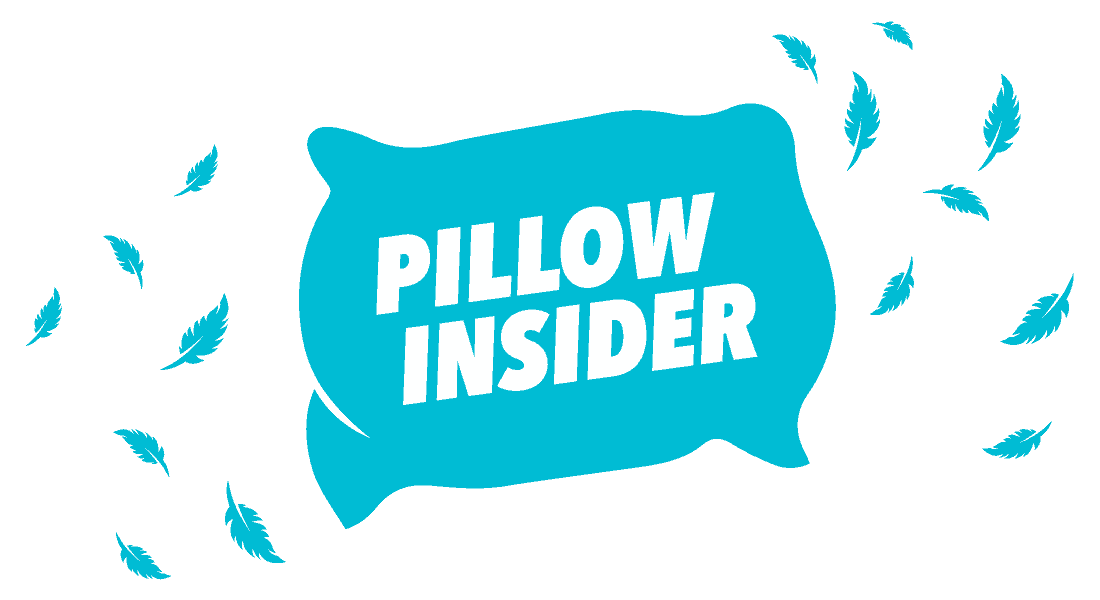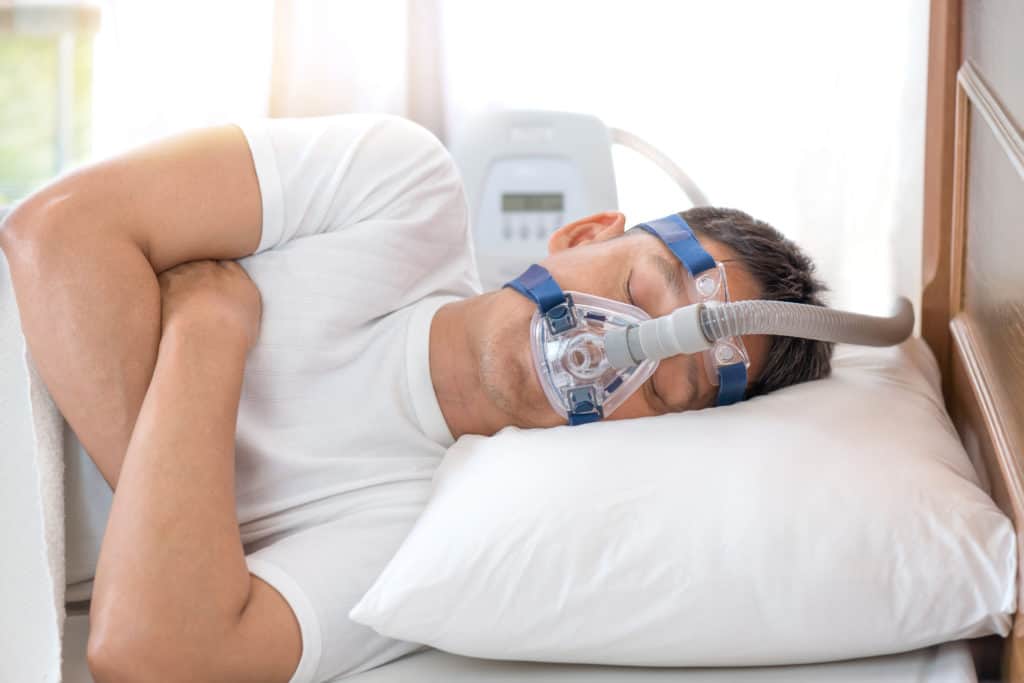Sleep apnea is a pretty terrifying sleep disorder. When you have apnea sleep disorder, your breathing repeatedly stops and starts throughout the night. This condition can cause a lot of other side effects, like daytime fatigue, snoring, forgetfulness, crankiness, depression, anxiety, night sweats, headaches and difficulty concentrating. One of the best natural treatments for sleep apnea is to use an apnea pillow that’s specifically designed to help you breathe better while you sleep.
What Is an Apnea Pillow?
An apnea pillow is a pillow that’s specifically designed to keep your airway open so you can breathe easily and prevent snoring. These pillows have been created to reduce the symptoms of both obstructive sleep apnea and central sleep apnea.
There are quite a few different types of sleep apnea pillows. Some are better suited for side sleepers, while others are preferable for back sleepers. Here’s a look at the most common sleep apnea pillow types.
- CPAP (Continuous Positive Airway Pressure) Therapy Pillow: These pillows are designed for sleeping with a CPAP machine and mask and come in different sizes.
- Contour Memory Foam Pillow: These memory foam pillows have a unique shape that supports or keeps your head in a healthy position. Some of these pillows even have holes or dents to reduce the pressure on your earlobes and help you sleep in a better position to clear the airway.
- Bed Wedge Pillow: Bed wedge pillows mildly elevate the head and shoulders which assists in opening the airway so you can breathe easily.
Benefits of Using an Apnea Pillow
If you find a soft sleep apnea pillow that suits your sleep style, you can expect the following benefits.
- You can sleep more comfortably despite wearing a CPAP mask at night.
- You’ll have excellent head support to keep your spine aligned.
- These pillows reduced the pressure on the airways.
- Your head will be kept straight and airways open so you can breathe easily.
- You are less likely to wake up with a sore throat or dry mouth.
- You are less likely to snore.
- These can help you enhance your daytime energy level.
- These pillows can help enhance your memory and focus throughout the day.
Disadvantages of Apnea Pillows
Apnea pillows won’t cure the condition and not everyone enjoys sleeping on these pillows because of the following drawbacks.
- The right pillow design can be challenging to find.
- It might take some time to adjust to the new pillow design.
- Pillows that are too big or too small can sometimes result in discomfort.
- With many pillows, you might only feel comfortable in one sleep position which can be an issue for those who toss and turn.
- Pillow protectors won’t fit the unusual pillow design.
Frequently Asked Questions
Since these alternative pillows are relatively new to the market, not too many people are aware of their functionality or know how to choose the right one. Here is a quick look at some of the most commonly asked questions apnea sufferers have regarding these pillows.
Who Should Use an Apnea Pillow?
Apnea pillows are designed to treat sleep apnea, but they can be suitable for people who sleep on their back, love a warm and cozy sleeping environment, weigh over 130 pounds and who prefer to sleep with an elevated upper body.
What Should You Consider When Buying an Apnea Pillow?
Here are some of the most important apnea pillow aspects to consider before you go out and buy one.
- CPAP Compatibility: If you wear an oxygen mask at night, it might be best to find a CPAP pillow. These support your head to clear your airway and also have a contoured design with cutouts to ease the pressure on the mask when you sleep on your side or back.
- Sleeping Position: Your preferred sleeping position has a huge impact on pillow performance. Side sleepers tend to prefer CPAP pillows with indents or cutouts to accommodate their masks. Back sleepers often prefer cervical pillows with dents to keep their heads nice and straight or wedge pillows that lift the torso.
- Pillow Height: Side sleepers often prefer a higher and firmer pillow to keep their airway straight and open and the spine aligned, while back sleepers might want a lower pillow that offers a little bit more neck support so the airway can stay nice and open.
Do Wedge Pillows Help with Sleep Apnea?
These pillows are designed to mildly lift your torso and head above the rest of your body. Elevating the head can help reduce pressure on your neck and lungs which can help you sleep more comfortably at night.
Does Sleeping Without a Pillow Improve Sleep Apnea?
Sleeping without a pillow can benefit some individuals, but apnea sufferers usually don’t benefit from this type of sleeping solution. When you don’t have a pillow to support your head, your spine alignment is jeopardized and a lot more pressure is placed on your airways.
Only stomach sleepers with sleep apnea are likely to benefit from sleeping without a pillow because it avoids pushing the head backward which can place more pressure on the neck.
Bottom Line
An apnea pillow can be a great tool to help you get better sleep at night so you can feel better and brighter in the morning. There are many different types of apnea pillows on the market and finding the perfect one might involve a bit of trial and error.

